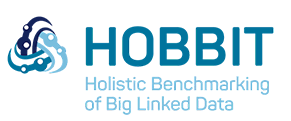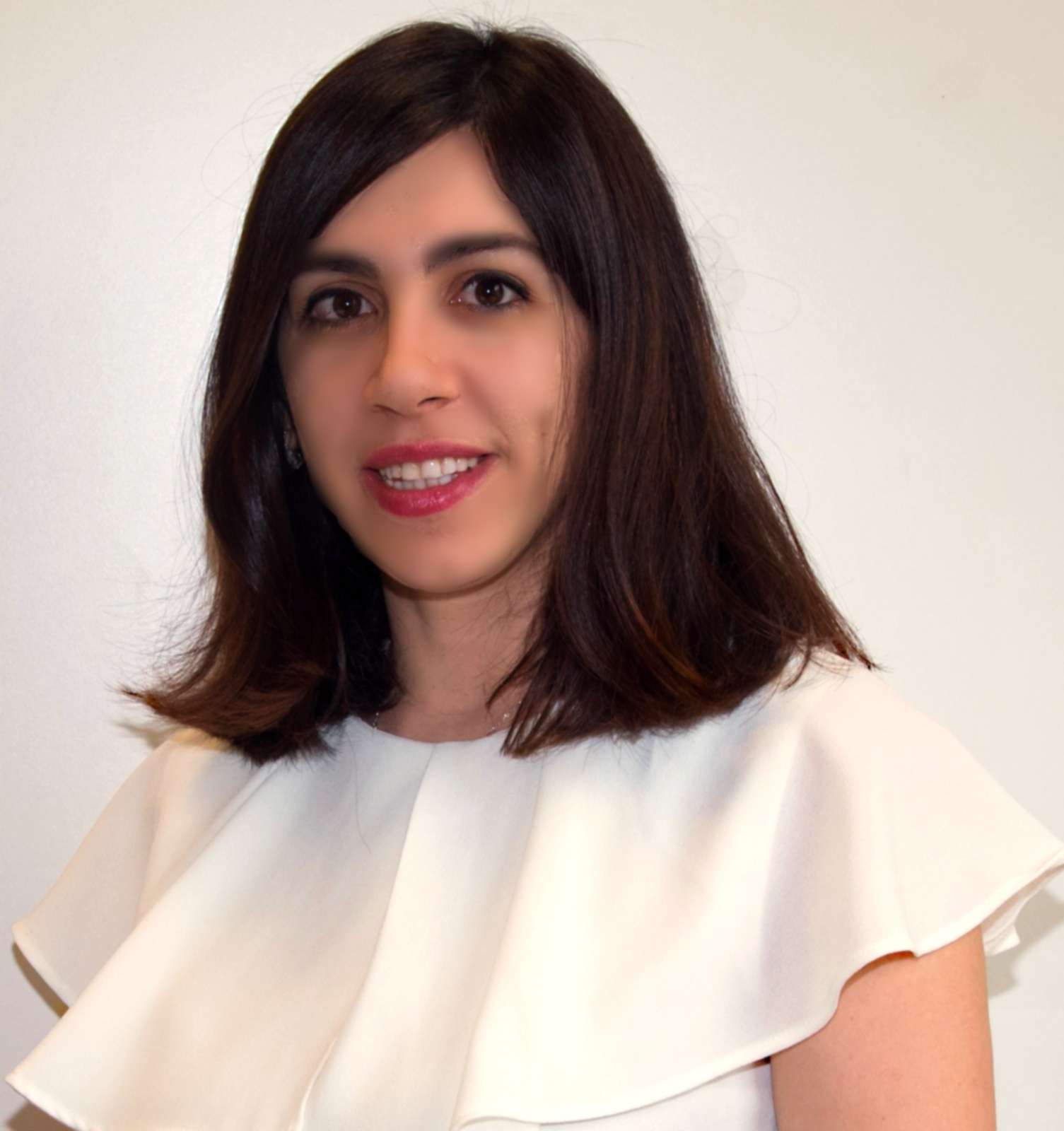 On Tuesday, 28th Dr. Anisa Rula, a postdoctoral researcher at The University of Milano-Bicocca visited SDA and gave a talk entitled “Enriching Knowledge Bases through Quality Assessment”.
On Tuesday, 28th Dr. Anisa Rula, a postdoctoral researcher at The University of Milano-Bicocca visited SDA and gave a talk entitled “Enriching Knowledge Bases through Quality Assessment”.
Anisa presented a talk in the context of quality dimensions and their evolution and how the anatomy of data representation and the quality assessment in Knowledge Bases (KBs) could lead to the improvement of existing KBs, i.e., by providing an enrichment of KBs. The trade-off between the enrichment and quality of KGs were risen up and discussed in details. Some of the use cases were mentioned as well, with the main focus on Link Discovery. In particular, enriching KBs will help in better interlinking by eliminating noise and search space.
During the talk, she also introduced ABSTAT, an ontology-driven linked data summarization framework that generates summaries of Linked Data datasets that comprises a set of Abstract Knowledge patterns, statistics, and a subtype graph.
Prof. Dr. Jens Lehmann invited the speaker to the bi-weekly “SDA colloquium presentations”, so there was good representation from various students and researchers from our group.
The Slides of the talk of our invited speaker Anisa Rula were inspired by “Data Quality Issues in Linked Open Data”, a chapter of the book “Data and Information Quality by Carlo Batini and Monica Scannapieco.
With this visit, we expect to strengthen our research collaboration networks with the Department of Computer Science, Systems and Communication, University of Milan-Bicocca, mainly on combining quality assessment metrics and distributed frameworks applied on SANSA

 We are very pleased to announce that our group got a paper accepted for presentation at the
We are very pleased to announce that our group got a paper accepted for presentation at the  We are very pleased to announce that our group got a paper accepted for presentation at the
We are very pleased to announce that our group got a paper accepted for presentation at the 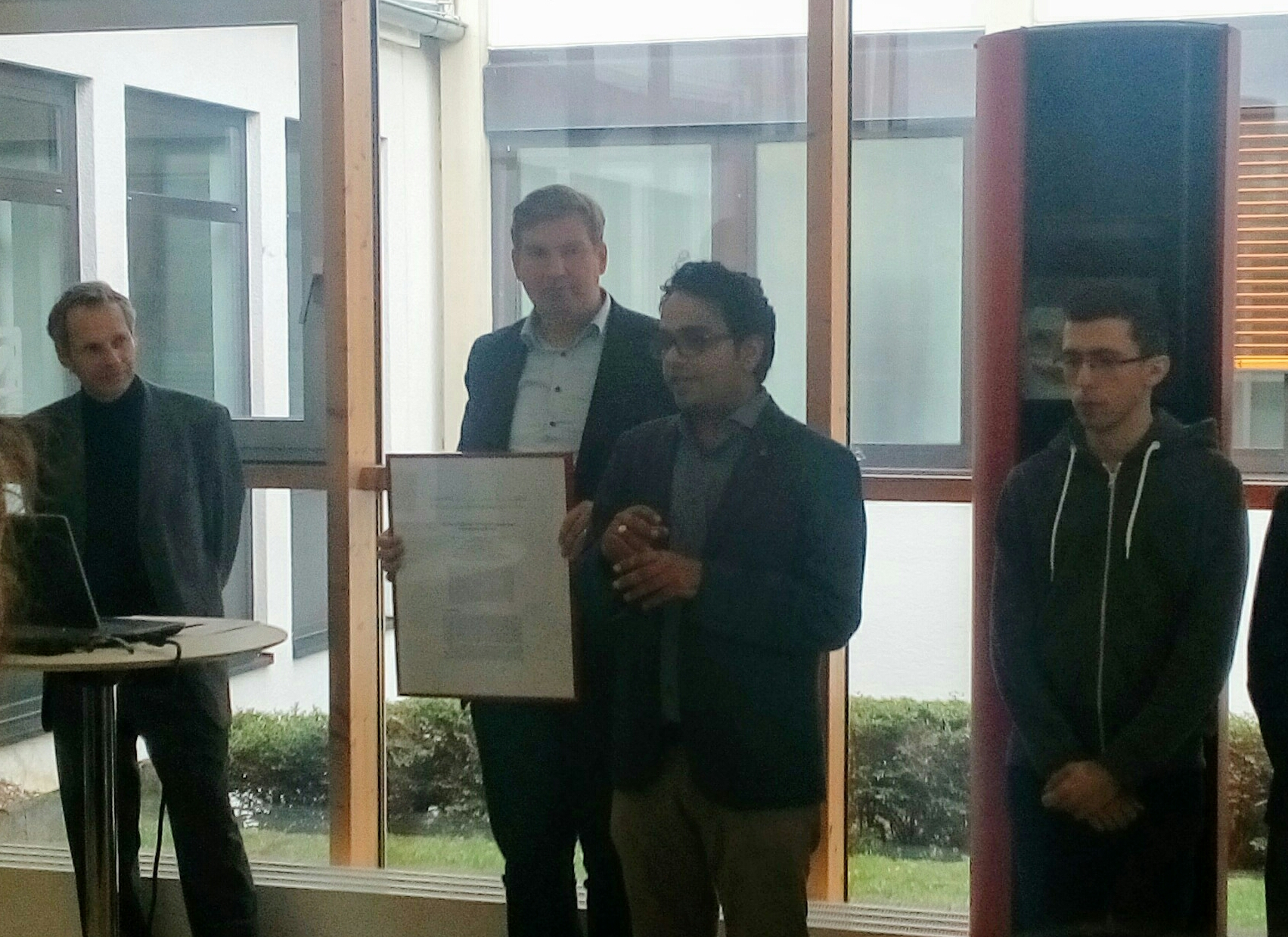 We are very pleased to announce that our paper “
We are very pleased to announce that our paper “ On Tuesday, 7th February,
On Tuesday, 7th February, 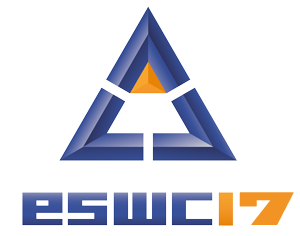 We are very pleased to announce that our group got one paper accepted for presentation at the
We are very pleased to announce that our group got one paper accepted for presentation at the 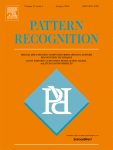 We are very pleased to announce that our paper “
We are very pleased to announce that our paper “
